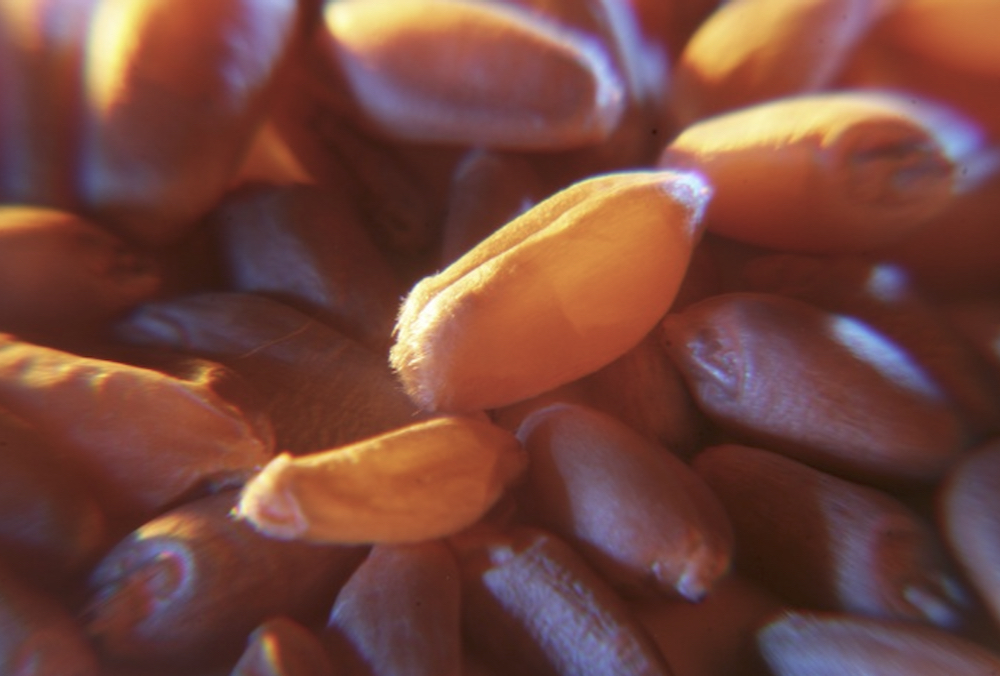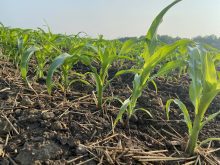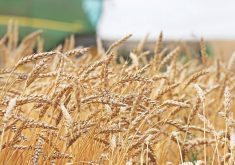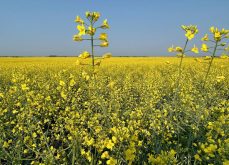The back-to-school season is a time of beginnings as kids return to classes with new shoes and fresh haircuts, but also a time of endings as the carefree days of summer vacation are replaced by bells and schedules once again.
On a last-minute trip to restock on paper and pens, I found someone’s lengthy list of required supplies discarded by the binders. Hopefully the correct size of graph paper was purchased.
While school (and office) supplies will always need replacing, the old pencil crayons and file dividers from past years, not to mention backpacks and calculators, are often in perfectly good working order at the start of a new school year.
Read Also

Cabbage seed pod weevil the surprise top canola pest in Manitoba for 2025
Get set to scout this summer. After a few years of low profile in Manitoba, cabbage seed pod weevil populations, among a few other pests, boomed here in 2025.
The same is true in agricultural markets, with stocks from one crop year carried over to the next, helping move exports and domestic processing as the new-crop harvest comes off.
Canadian stocks
Statistics Canada released its official 2022-23 ending stocks numbers on Sept. 8, pegging canola at 1.5 million tonnes and wheat at 3.6 million. The data included an upward revision to the year-ago canola number, now at 1.3 million tonnes, which compares with an earlier estimate of 865,000 tonnes.
Ending stocks for both canola and wheat were well below the five-year averages of 2.7 million and 5.6 million tonnes respectively, which could prove supportive in the long run, depending on how the 2023 harvest turns out.
Updated production estimates were released Sept. 14 and were based off of satellite imagery and statistical models. The true size of the crop likely won’t be known until the survey-based estimates are released in December.
However, given hot and dry growing conditions this summer, total supplies of the two major export commodities could be on the tighter side.
Wheat protein levels
As anyone with a favourite style of pen can attest, they all do a similar job but different pens are better suited to different jobs.
It’s the same with wheat. Higher-protein wheat that is prized for breadmaking typically sees a premium over lower-protein supplies. Canada is known for its higher-protein wheat, and the hot and dry weather that may have cut into yields in 2023 should result in generally high protein samples if the weather co-operates through harvest.
However, average protein levels are reportedly on the low side elsewhere in the world. Europe and Russia are dealing with lower-than-average proteins after untimely harvest rains. As a result, expect premiums for higher-quality wheat to widen, with the chance for increased Canadian export opportunities.


















